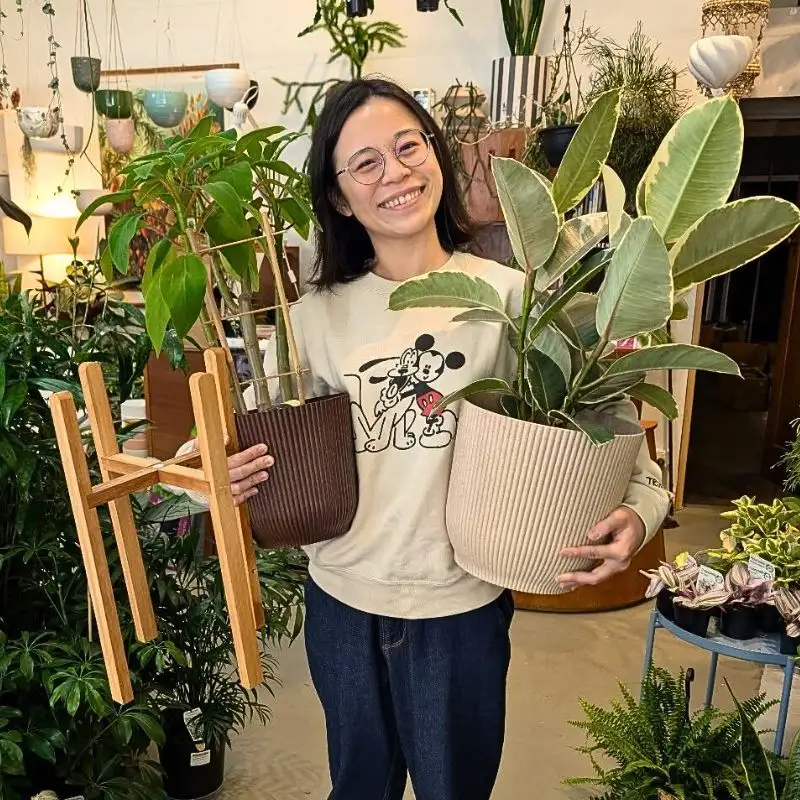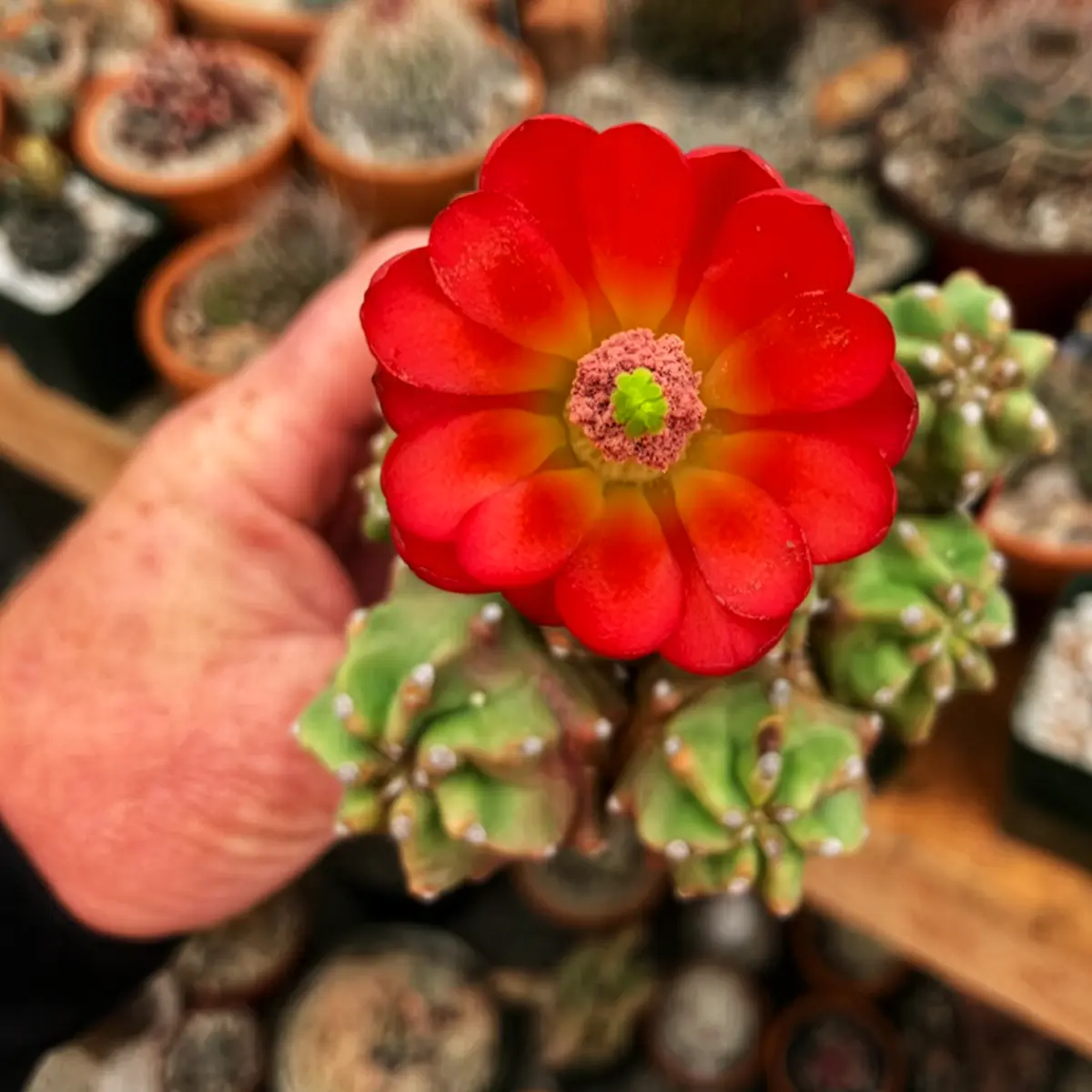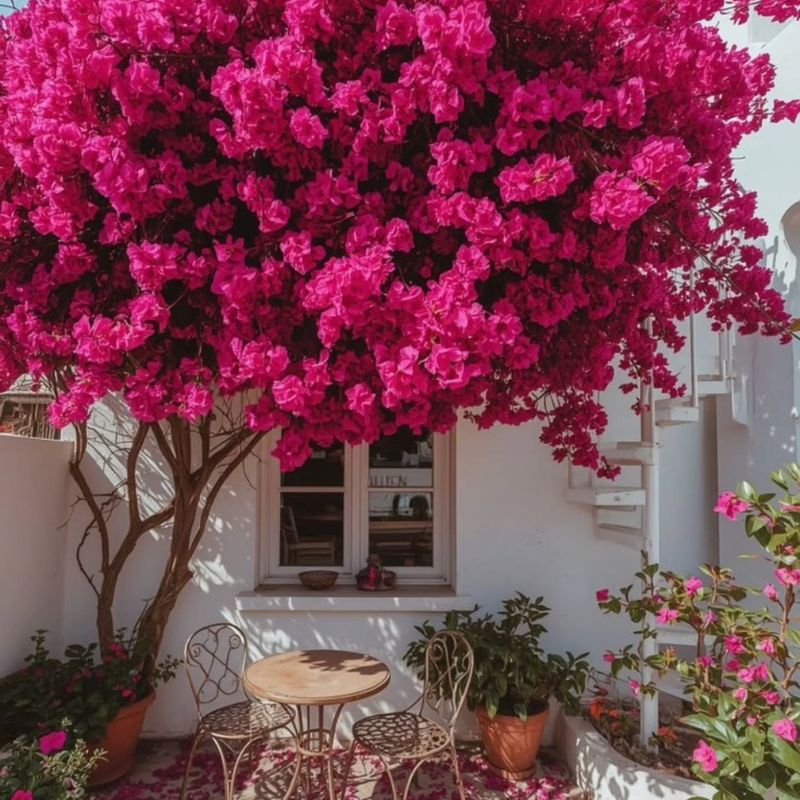Today, 4.4 billion people live in urban areas, and the World Bank projects that this trend for increased city living is only going to intensify.
That’s almost certainly why compact gardens are becoming the coveted solution for residents of myriad metropolises. And with square footage at a premium, these pint-sized patches offer both aesthetic appeal and also a slice of tranquility that’s a welcome juxtaposition to the noise and the fury of the sprawling streets beyond.
If you’re intrigued by the roots of this trend, stick around as we look into why these Lilliputian landscapes are sprouting on balconies and in diminutive dens in all corners of this urbanized planet.
Breaking Down the Basics Catalyzing Factors
Compact gardens represent a shift in urban living - and given that 70% of people will be squished together in cities by 2050, this is certainly not just a flash-in-the-pan fad. The people behind the movement are carving out their own verdant refuges, with a number of factors pushing them forward, including:
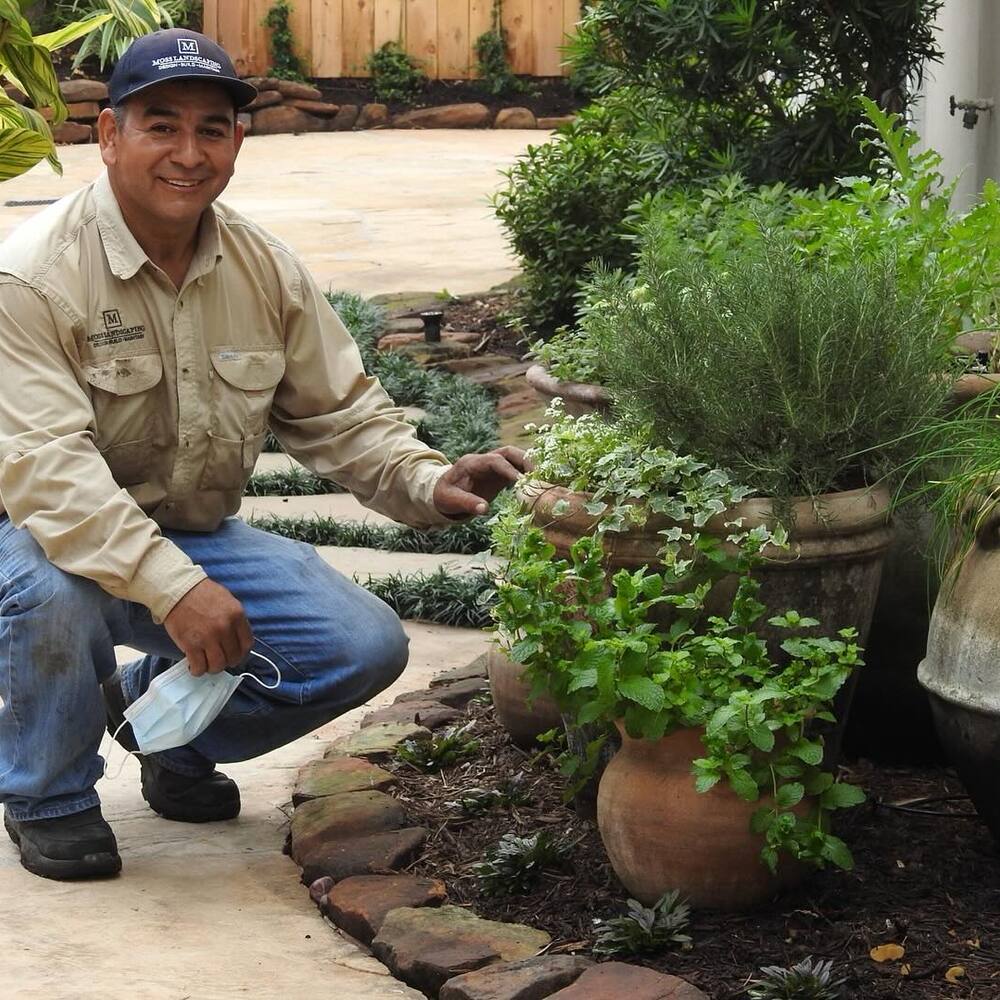
Space Efficiency
As apartments shrink, with typical floor space 50 sq ft down compared with a decade ago, residents have no choice but to get creative. Compact gardens maximize minimal square footage, turning tiny terraces and windowsills into productive green spaces.
Stress Reduction
Research shows that interacting with plants can lower stress levels - and only 20 minutes spent with greenery makes a positive impact. In bustling cities, these small gardens become pockets of serenity.
Fresh Produce
Despite their size, these micro-gardens can yield a surprising variety of fruits, herbs, and vegetables - all of which are critical for those seeking organic and local food options, rather than having to rely on damaging, distant farming practices to keep them well fed.
Environmental Impact
Compact gardens contribute to urban biodiversity and help reduce the overall carbon footprint, which is an essential consideration for eco-conscious citizens. We’re even seeing people and local businesses become beekeepers with whatever outdoor space they have, so they’re not only supplying plants for pollinators to enjoy, but actively bolstering their population with dedicated housing for them.
Innovative Problem-Solving
There’s something compelling about having a problem to solve - and it’s why all sorts of people pick up hobbies in the first place, because it lets you do this in a constructive way without feeling the pressure you might experience in the workplace for an equivalent project.
So in the case of urban gardening, practitioners are having to find novel solutions in order to house the plants they’re growing that might not be possible using standard supplies designed for the purpose in question.
For instance, using modified pre roll blunt tubes to help seedlings develop in tight spaces, or turning ice cream tubs into mini flower beds, or even glass bottles into terrariums, can all be satisfying and effective - a way of thinking outside the box, rather than being constrained by the norms of horticulture in less restricted regions.
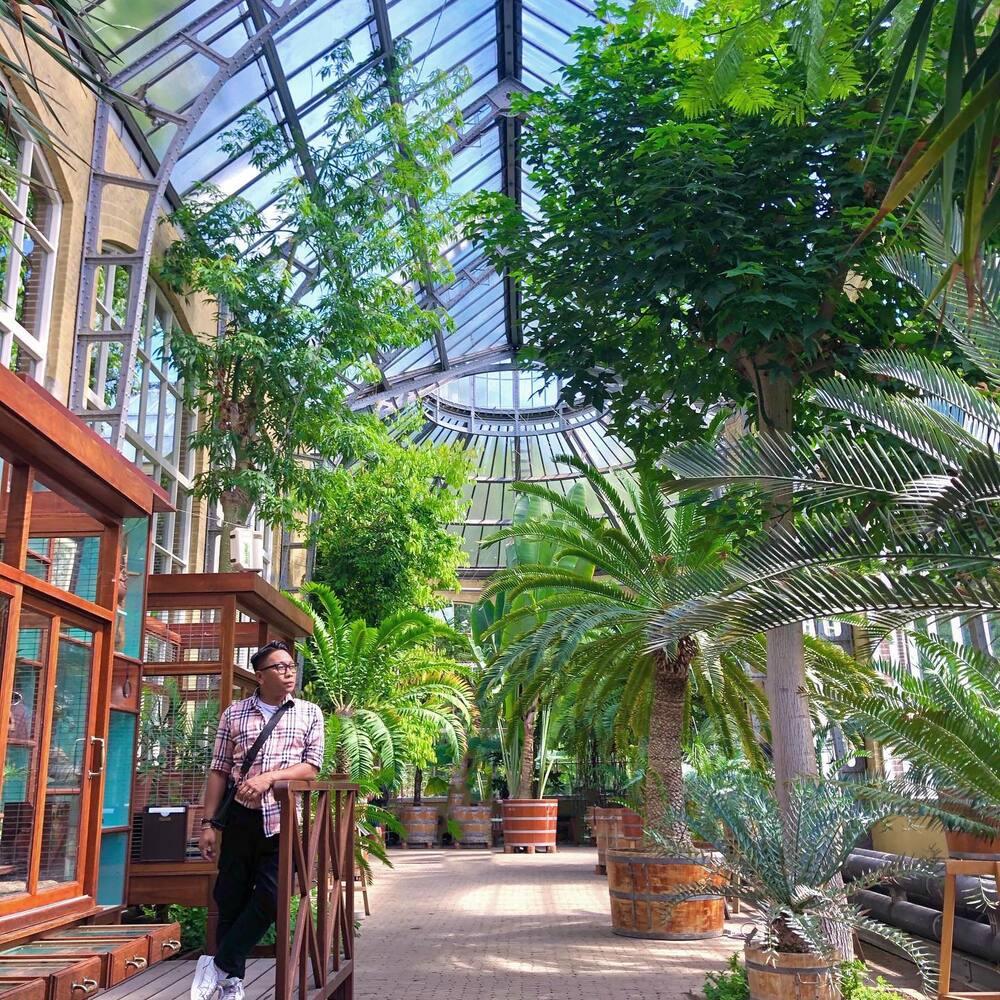
Focusing on the Personal Perks
Beyond beautifying balconies, compact gardens are sowing seeds of wellness and balance. One recent study indicates that gardening activities can lead to a 21% reduced risk of developing dementia in later life. Here's how tending to these small patches of earth is yielding large benefits for people who pursue urban gardening with a passion:
Elevating Mental Well-Being
Gardeners often experience increased feelings of joy and decreased anxiety, thanks to the mindful nature of caring for plants and being grounded in nature.
Given that birth rates are falling in many developed countries, and the cost of raising children is increasingly prohibitive, it’s also a way of scratching this itch for those who feel their biological imperative nagging at them.
Physical Fitness
While not as intense as a gym session, maintaining a garden requires physical effort - from potting plants to pruning - which keeps the body active. And since city living is also an experience that often leaves you with little free time to spend on working out, having a hobby that burns calories is efficient.
Nutritional Advantage
Home-grown herbs and vegetables are not just fresher but free from pesticides, fostering better dietary habits through direct access to nutritious food.
Educational Value
Compact gardens become living labs where both adults and children learn about botany, ecology, and responsibility.
The impact here is clear - and even a few square feet dedicated to greenery can enhance your lifestyle substantially. This transformative power positions compact gardens both an urban necessity and also as tools for self-improvement.
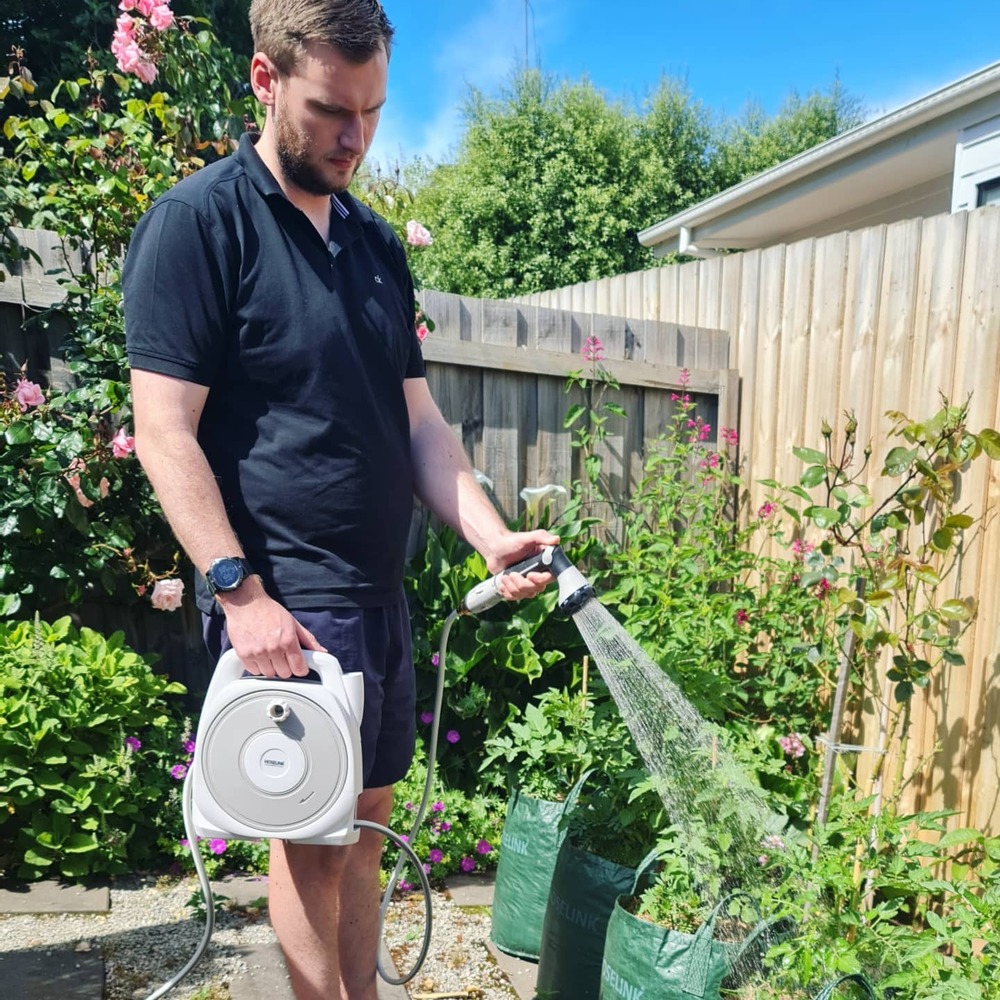
Tips for Creating Compact Green Spaces
We’ve talked about why compact gardens are such a hit right now, which might have left you champing at the bit to get started with your very own example.
Starting from scratch will be intimidating for any newbie gardeners, so here’s a few pointers on how you can shape a compact garden to fit your urban confines:
- Go upwards with trellises, wall planters, and hanging pots to exploit vertical space for a lush appearance.
- Select versatile containers that can easily be rearranged, providing flexibility and variety within your garden arrangement. We touched on a few ideas earlier, but don’t be afraid to experiment with what you’ve got available - a quick rifle through the recycling is a good starting point.
- Focus on dwarf varieties and plants suitable for small spaces that flourish with limited root room.
- Incorporate elements like seating that doubles as storage or planters that also serve as partitions for privacy.
With intelligent design, these miniaturized gardens don't compromise on functionality or style. They embody practical elegance, turning tight quarters into thriving ecosystems that cater to both aesthetic tastes and environmental considerations.
The Last Word
While the idea of putting together a compact garden might not immediately spark intrigue in everyone, if you’ve got this far then you should be pretty confident that your interest levels are sufficient to make setting up a green space in your urban abode worth it.
Perhaps most importantly, it doesn’t have to be an expensive hobby - just one that requires a little time each day to keep ticking over, and which can repay this investment many times over in terms of the perks we mentioned.



